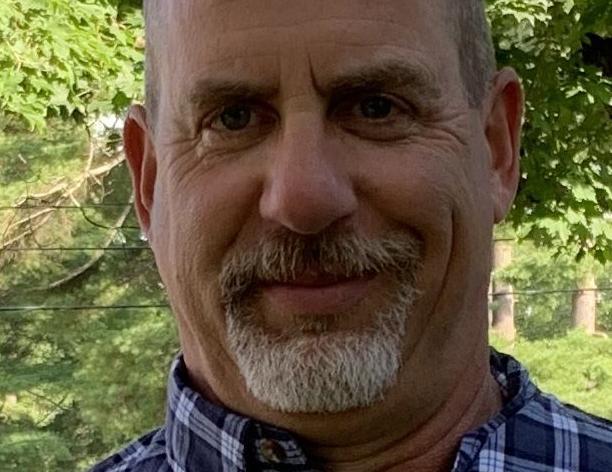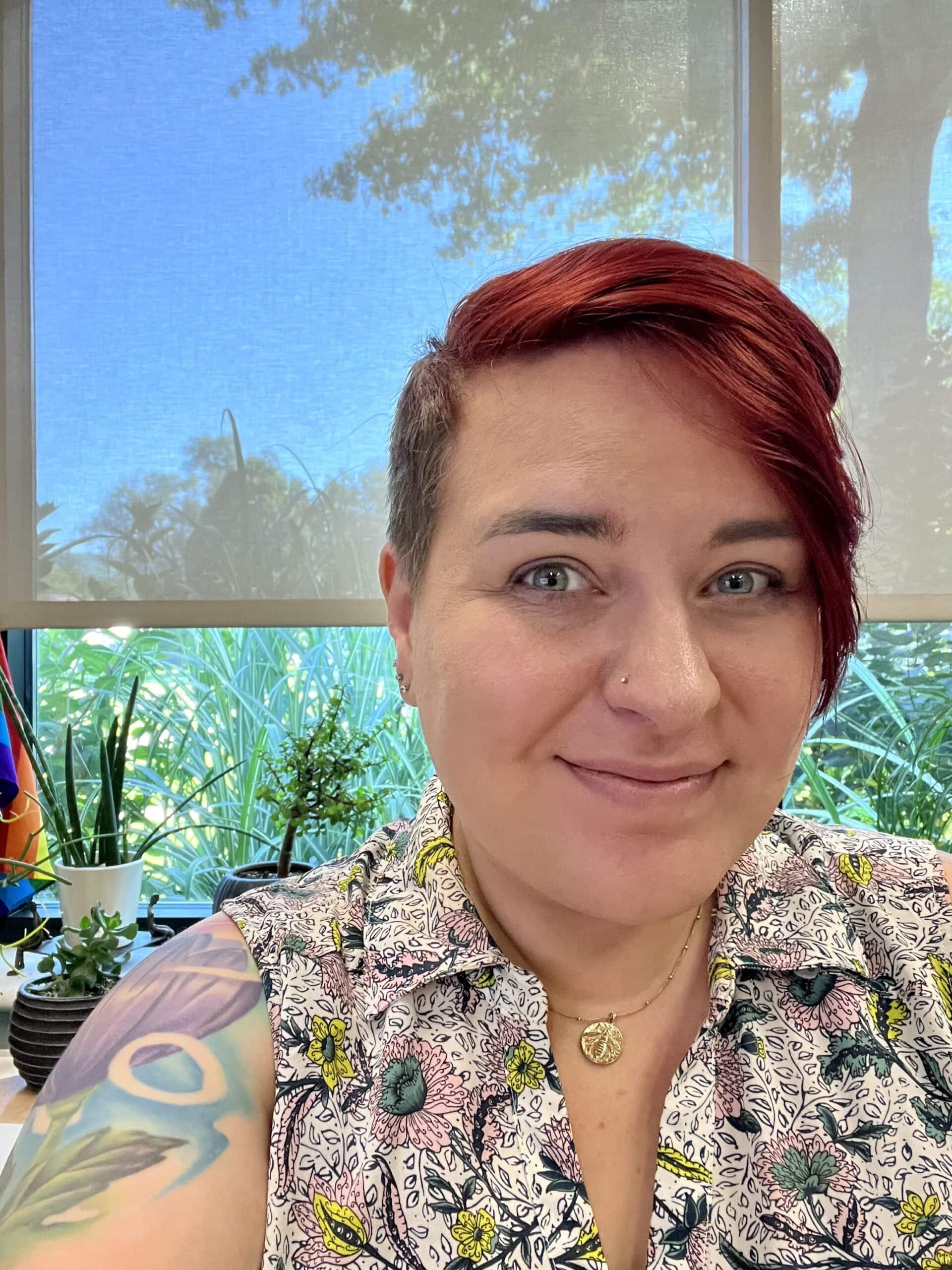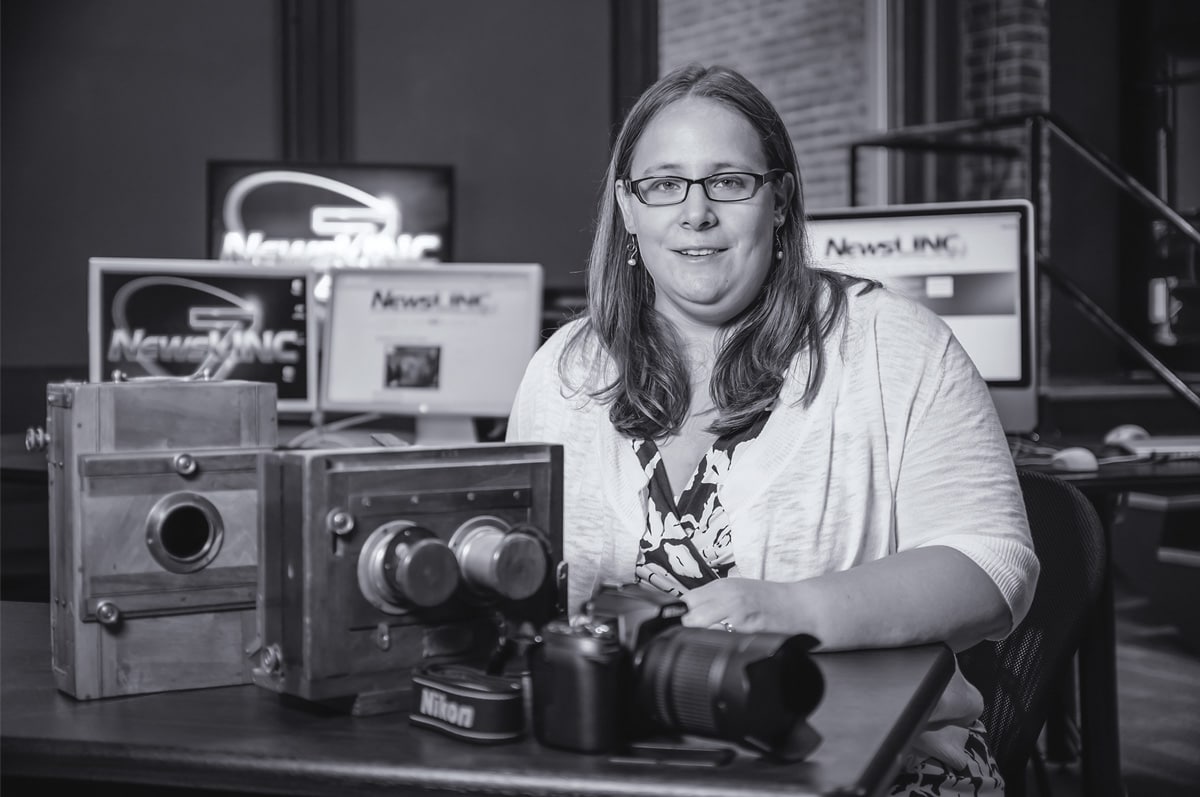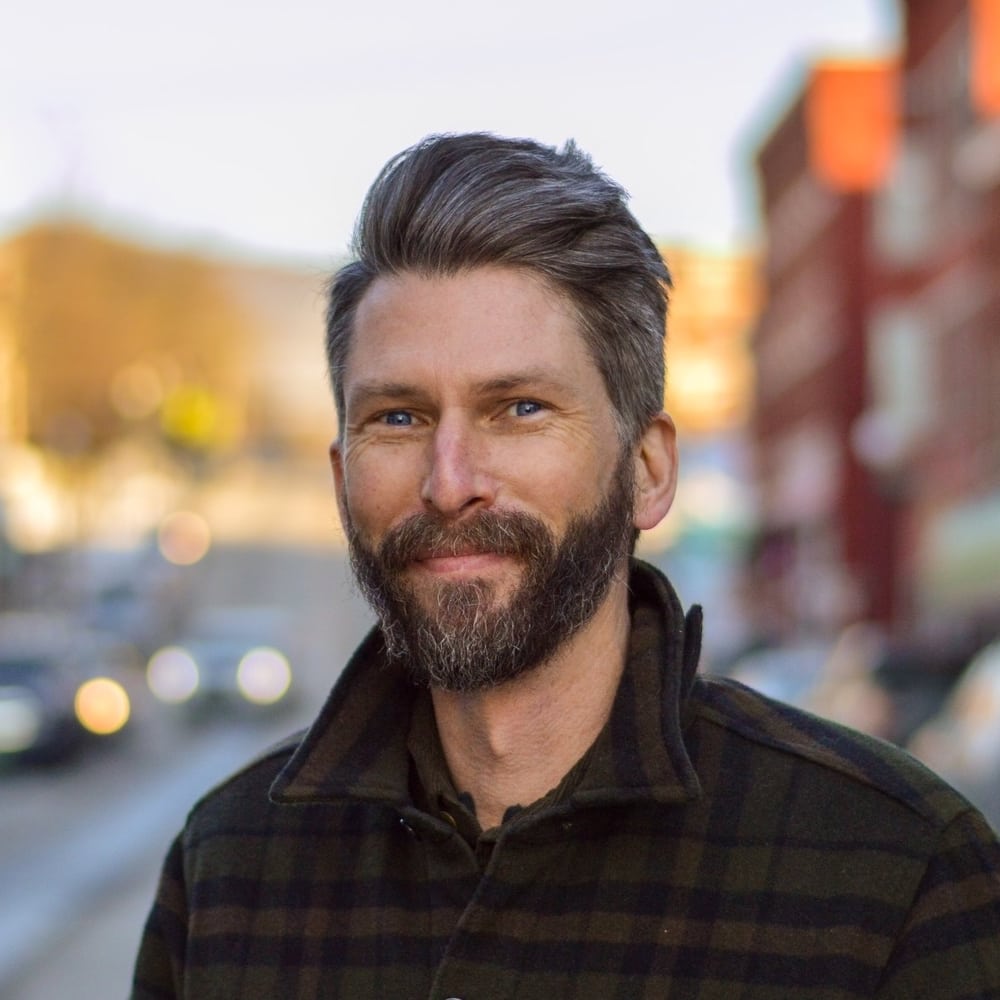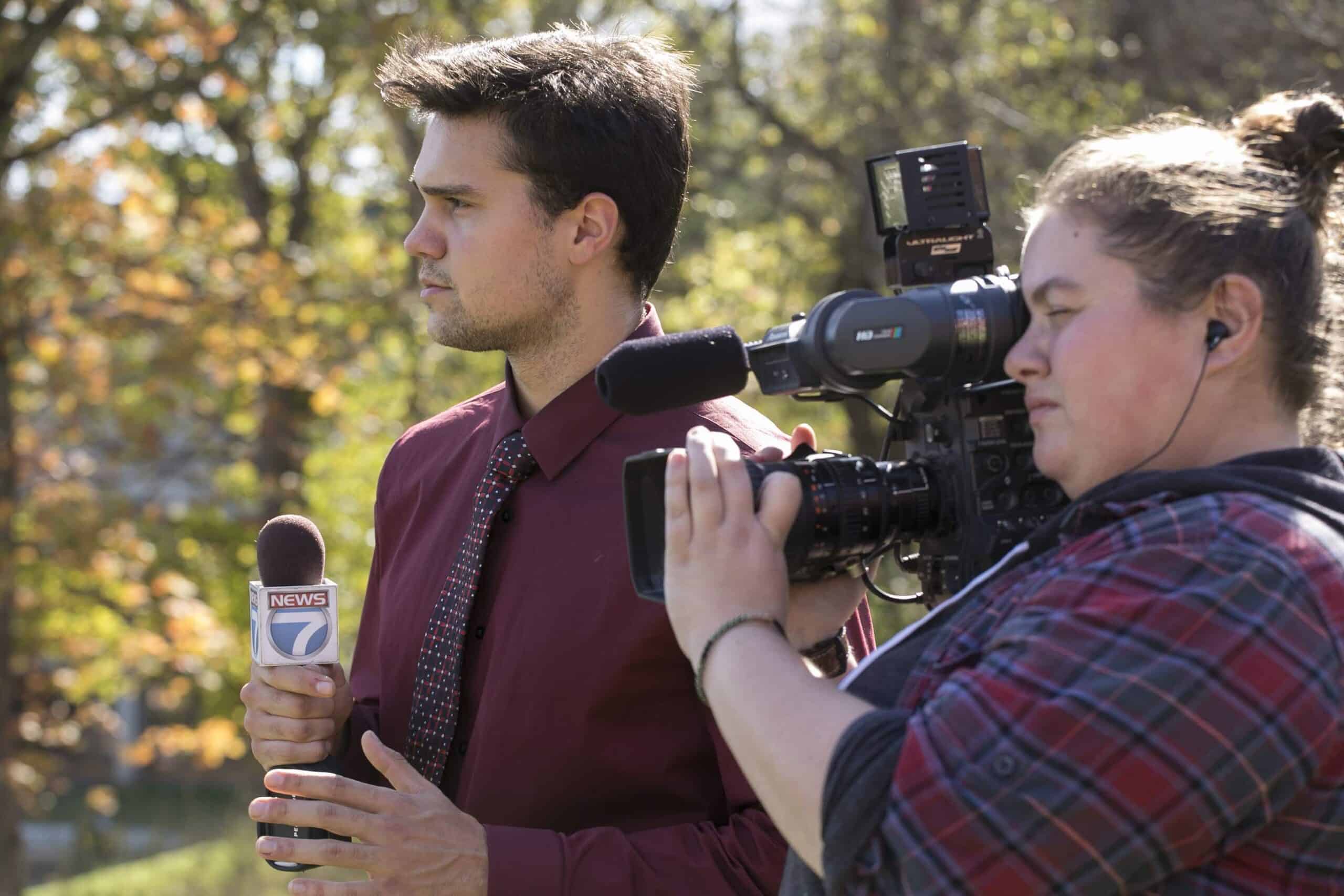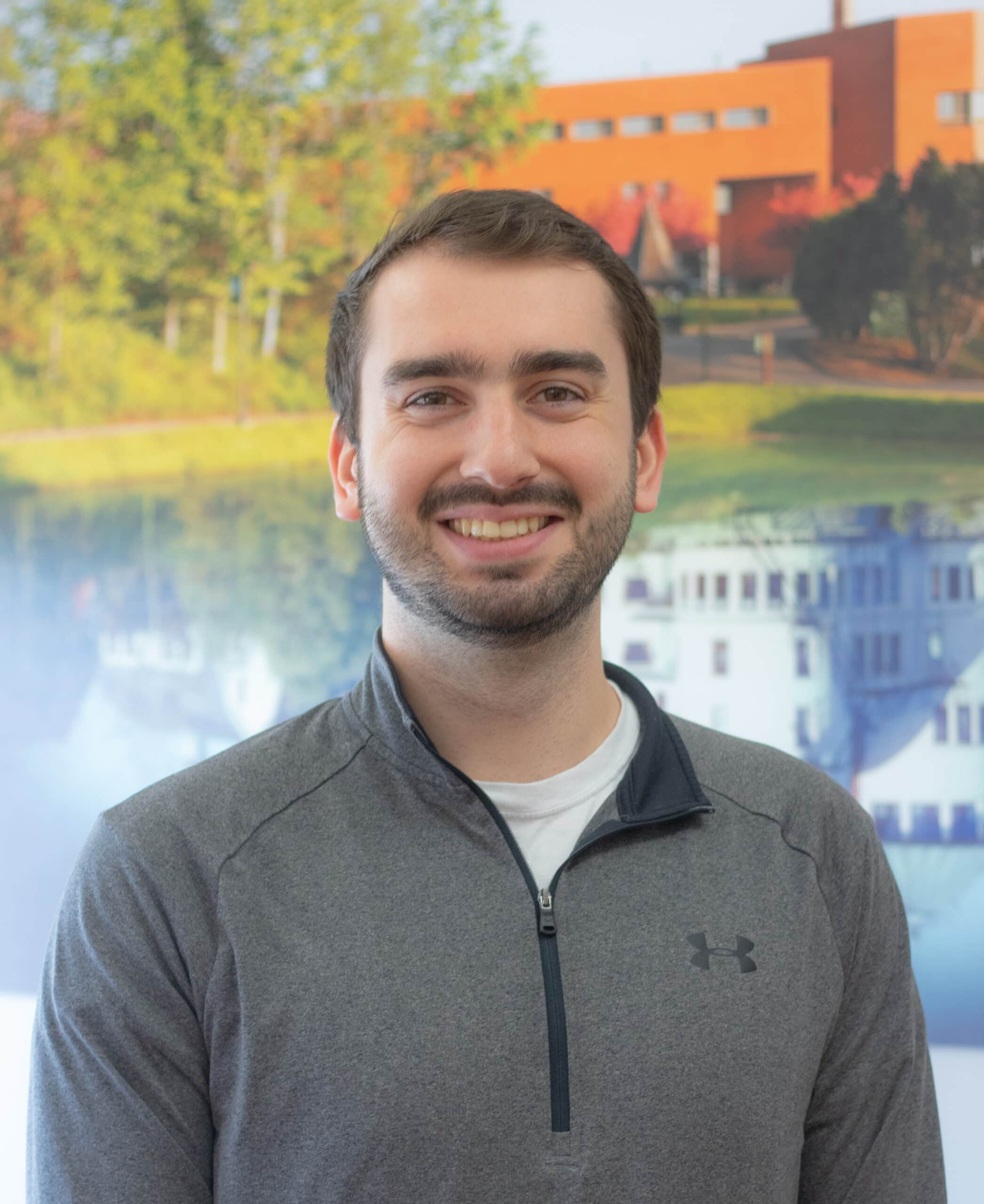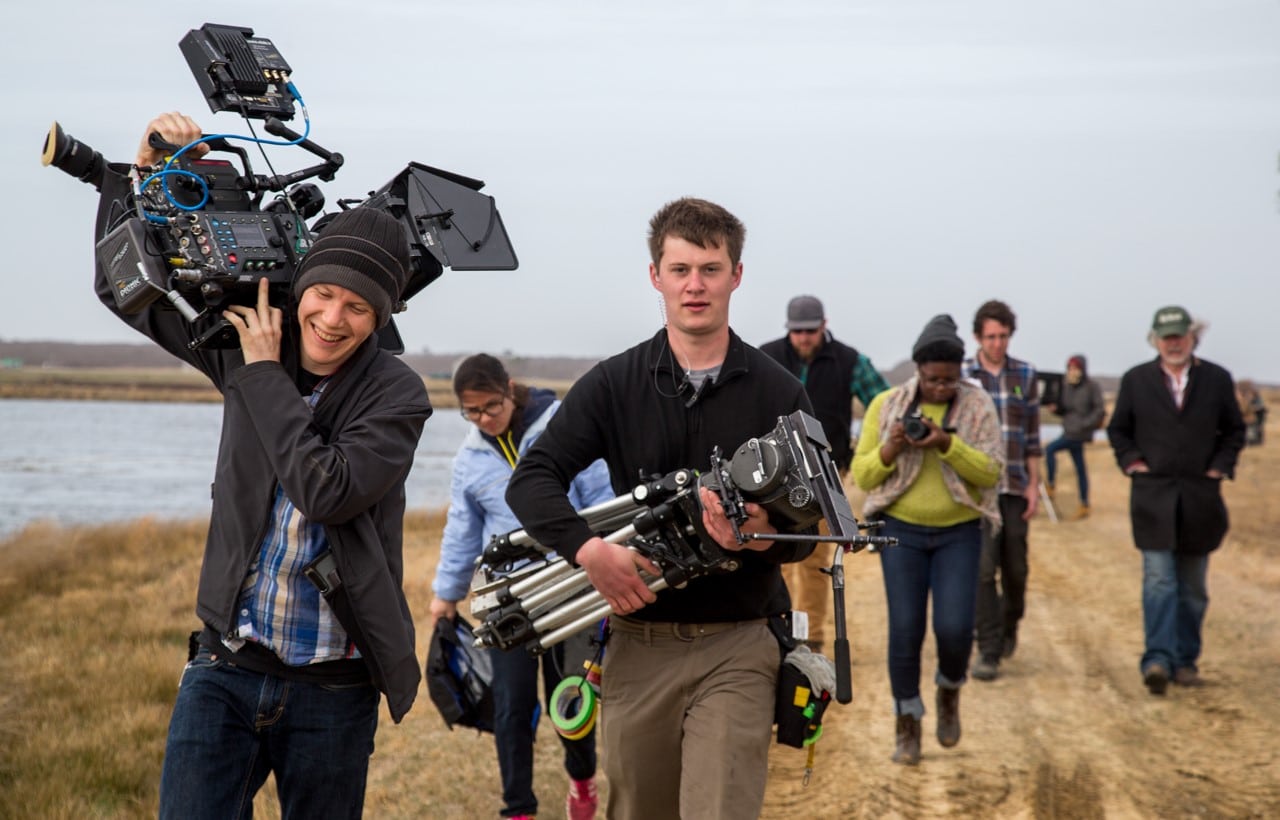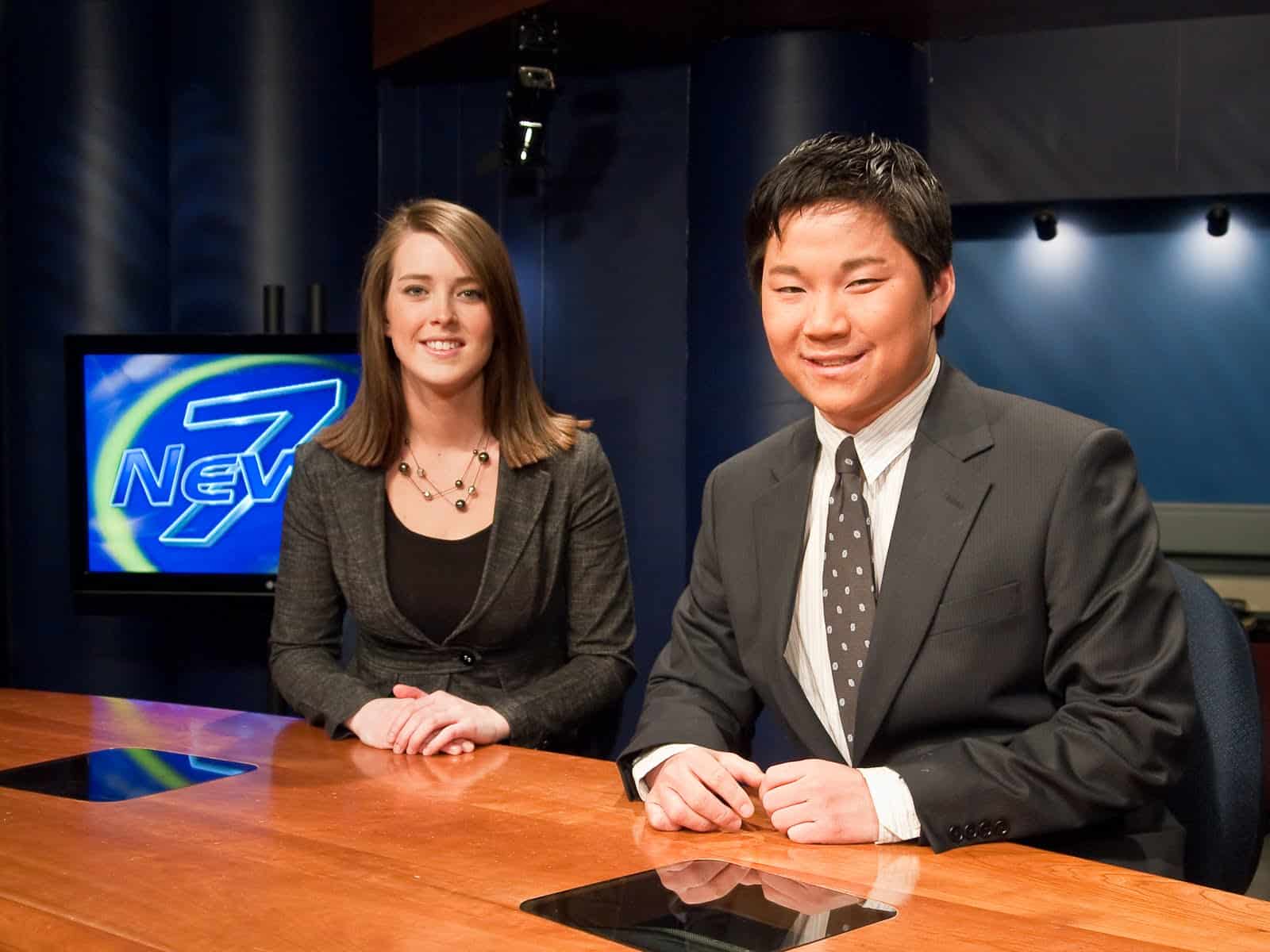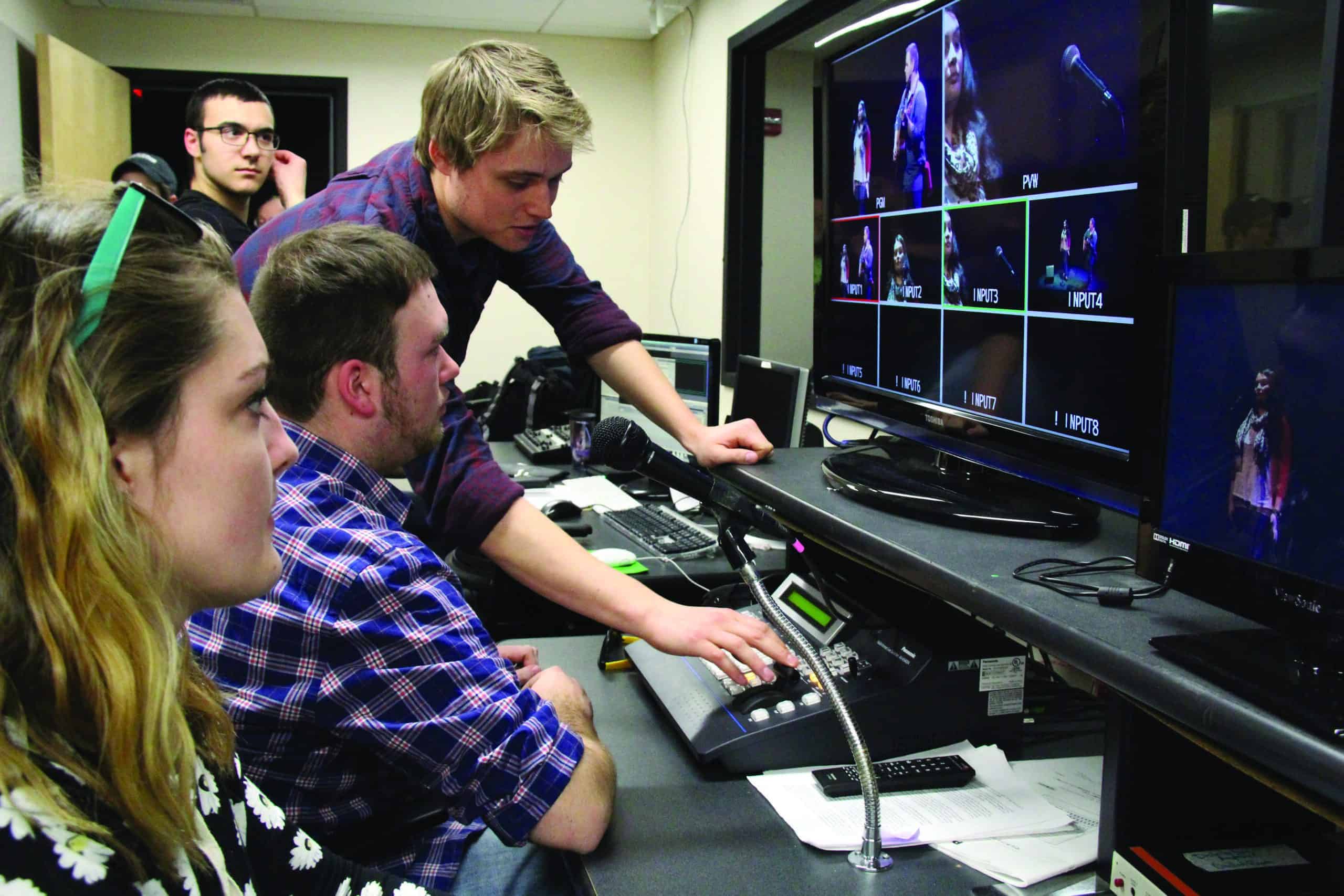Why Study Communications at Vermont State?
- 98% Job Placement Rate: Invest in a degree that will pay off. Ninety-eight percent of program graduates land jobs within the field, many before they have graduated. From education to engineering, from healthcare to retail and manufacturing, nearly every industry needs skilled communicators.
- State-of-the-Art Technology: You’ll have access to media labs with all the technologies and software you need to create professional-level media: two HD studios, Black Magic cameras, Panasonic broadcast cameras, multiple iMac labs fully equipped with Adobe Creative Cloud, and a state-of-the-art video and production studio.
- Hands-on Learning from Year One: Start building skills for communications jobs from your first semester. We put industry-standard equipment and tools in your hands right away and give you the opportunity to use them through experiential learning both inside and outside of the classroom. You’ll graduate with a large skill set and relevant job experience that will put you ahead of your peers.
- Real-World Opportunities: Whether you’re reporting on an important local story for News 7, crafting marketing materials for a local business through our Content Lab, or creating a short film to raise awareness for a cause you’re passionate about, you’ll work on real projects that touch real audiences.
- Career Variety: Major in a field that opens many doors. Graduates with a communications degree have gone on to be journalists in active newsrooms, earned master’s degrees in film and cinema or business, founded PR agencies, won regional and national Emmys as broadcasters, and landed dream jobs at ESPN, PopSugar, and Lifetime/Hallmark.
Concentrations in Communications, B.A.
Request Information
Sample Courses
- Introduction to Media and Communications
- Visual Storytelling
- Race, Gender, and Sexuality in Media
- Elements of Production
Related Programs
Student Stories
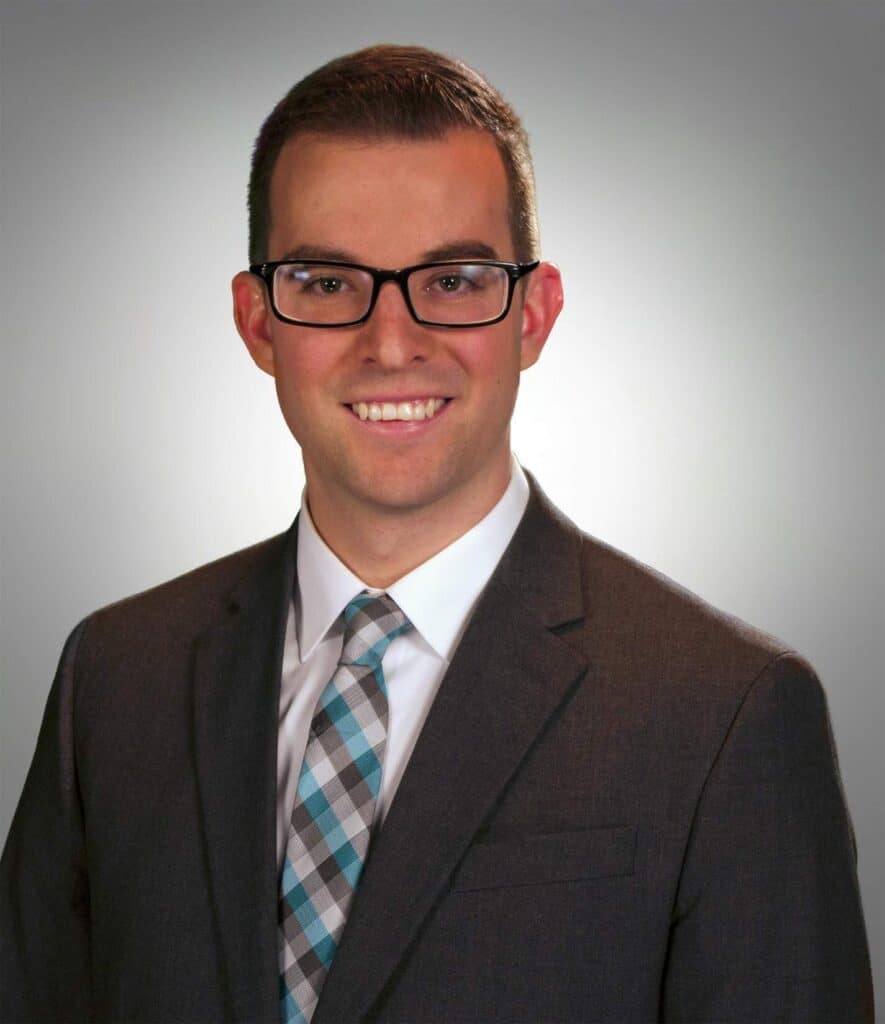
“The live aspect of News7 is a big draw for students. It sets the program apart, here in New England and across the country. I felt like I worked in a professional TV newsroom for two years. Now I work on-air as a reporter and weather anchor at WMTW-TV in Portland, Maine — a job I landed before I graduated.”
Tyler Cadorette
Meet Our Faculty
